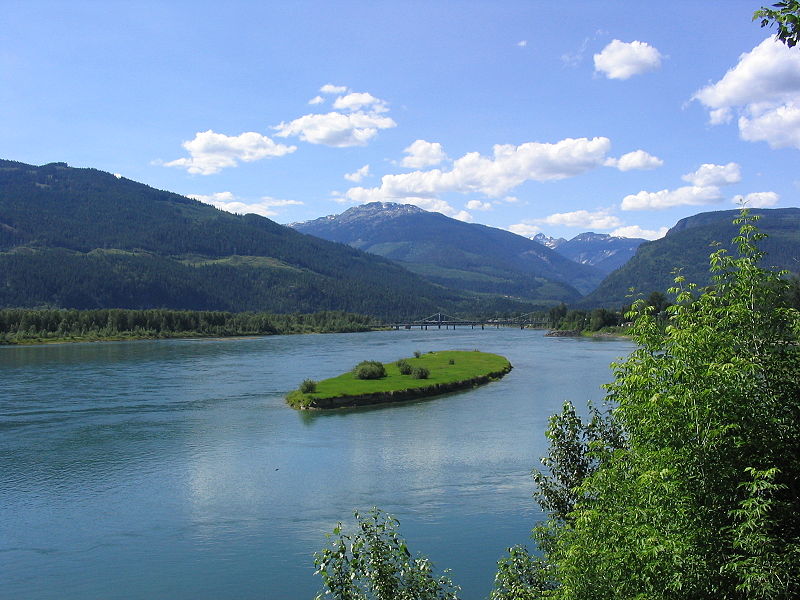Last week, at the Pacific Northwest Economic Region (PNWER) summit, representatives of the British Columbia government had the opportunity to meet with United States legislators to discuss the future of the Columbia River Treaty.
“I was able to hear directly from a wide variety of stakeholders from U.S. and Canada about how we can work together to make the treaty better, and U.S. legislators had a chance to see first-hand some of the treaty’s impacts in B.C.,” said Katrine Conroy, Minister Responsible for the Columbia River Treaty. “Working together, we can create a better future for British Columbians and our neighbours south of the border, while also addressing such vital issues such as our ecosystem.”
The PNWER Annual Summit was held this year in Spokane, Washington, from July 22nd to 26th. The Columbia River Treaty was a key point of discussion at this year’s summit, which included several roundtable discussion panels and a two-day tour in southeast B.C., to provide U.S. legislators with a first-hand understanding about the benefits and impacts of the treaty.
The 1964 treaty is a binational Canada-U.S. agreement that governs the development and operation of transboundary dams in the upper Columbia River basin, providing both electricity and flood control.
“The fundamental principle of the treaty must continue to maximize benefits for Canada and the United States, and share them equitably,” said Conroy. “We have more to gain when we listen to and understand each other’s interests, and that’s why this week’s discussions and tour were so important.”
Renegotiation of the Columbia River Treaty came under fire from First Nations leaders who point to the principle of free, prior, and informed consent, as outlined by United Nations Declaration on the Rights of Indigenous Peoples (UNDRIP).
“With the prime minister’s words of ‘nation to nation’ in the era of reconciliation and him talking to the world and the United Nations and the implementation of [the United Nations Declaration on the Rights of Indigenous Peoples] and all of those things, he’s basically been lying to the world,” Chief Wayne Christian of the Shuswap Nation Tribal Council told CBC on May 28th, prior to the launch of negotiations on May 29th and 30th.
Both provincial and federal governments have stated that they have maintained engagement with First Nations groups with respect to the treaty. “We will continue to work closely with First Nations affected by the treaty, to ensure Indigenous interests are reflected in the negotiations. We also want to ensure Columbia Basin communities are consulted, kept informed and have their voices heard,” said Conroy in a statement from June 1st.
At PNWER, Conroy joined the tour group for visits to significant sites, such as the Hugh Keenleyside Dam, which creates the Arrow Lakes Reservoir, and the Spicer farm in Nakusp, one of the farms inundated when the treaty dams were built. Columbia Basin residents and local experts were present along the way to share their knowledge of how the treaty affects the region’s ecosystems, agriculture, tourism and community development.
The next negotiation meetings are scheduled for August 15th and 16th, 2018, in the B.C. Columbia Basin, followed by meetings on October 17th and 18th in Portland, Oregon.









